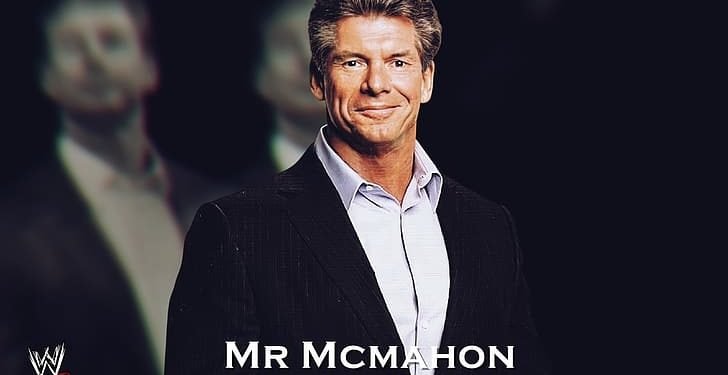This week has seen a tonne of news about the WWE, almost none about wrestling. On January 6, Vince McMahon rammed his way back onto the board of directors, announcing in the press release that he wanted to help the business sell.
This week has seen a tonne of WWE news, almost none related to wrestling. In a press release that accompanied his re-election to the board of directors on January 6, Vince McMahon stated that he wanted to help the business sell.
In the Wrestling Observer Newsletter’s most recent issue, Dave Meltzer tried to clarify this issue. Analysts have remarked that Comcast, with a market value of $164 billion, would be able to complete a deal that would cost between $7.4 billion and $8.2 billion, with some analysts predicting that WWE is looking for $8.5 billion. Disney, Netflix, Amazon Prime, and Saudi Arabia all concur.
As Endeavor did when it acquired UFC, the Khan Family or Endeavor would need to collaborate with additional commercial partners. After breaking down the online hysteria earlier in the week, Meltzer wrote that the point here is that until a sale finalizes, Never will it be revealed where the negotiations are taking place or with whom they are negotiating. The corporation is hoping for numerous bidders.
WWE Is More Important Than What’s Best For Professional Wrestling
It’s obvious at this point that professional wrestling isn’t to be given any thought as WWE looks to sell. This decision to reach by a group of businesspeople unaffected by what takes place inside the squared circle. If Raw and SmackDown were awash in viewers, McMahon might get even more billions, but that hasn’t been the case.
Fans were turned off by Vince’s treatment of weekly television as insignificant spots for shirts and the WWE Network for ten years, and they haven’t turned around. The company’s creativity appeared to be moving in the right direction under Triple H, and enthusiasm was strong. Throughout one weekend, McMahon’s return ended that, and now, almost nobody knows what is going on atop the WWE Ivory Tower.
Even those potential buyers—AEW and the Kahn family—might not be the greatest for professional wrestling.
Outstanding in-ring performances and imaginative storylines have sprung from the rivalry between WWE and AEW. All Elite Wrestling is presently the home to around 200 wrestlers under contract. That is 200 wrestlers who WWE determined it didn’t require but who were able to find employment elsewhere.
The “viable alternative product” argument for AEW would vanish instantly in the event of an (unlikely) merger between the two companies. Due to the nature of those discussions, Meltzer claimed that negotiations between WWE and companies like Disney and ESPN wouldn’t be made public. Whenever an unnamed source alerts a Twitter reporter about a potential sale around 9 pm on a Tuesday, fans must question who has something to gain. As WWE fans have already seen, it’s far too simple to remove Tweets.








